Heart Medications
Why do I need to take heart medications?
Some pills help the heart to beat normally, some thin the blood, while some others lower blood pressure. Whatever the reason for the pills, it’s important for you to understand what your pills are for and what side effects they might cause.
When you meet new doctors or nurses, they will not always know what medications you’re taking and why. It’s really important that you can explain this to someone, especially in an emergency. Let’s be honest – it’s a lot to remember! For that reason, it’s a good idea to keep a list of the names and doses of your medication in your wallet or phone.
You should take your pills according to your doctor’s instructions. And you should never stop taking your pills without first talking about it with your doctor or pharmacist. If you have side effects, tell us about it! One more thing: If you miss a pill, don’t take double the dose later in the day. Instead, take your next pill at the regular dose.
What are some of the more common medications for people with CHD?
| Name | What do they do? | Drug facts for you |
|---|---|---|
| Aspirin | This can be used to reduce the risk of clots. | Can cause bruising, bleeding (bloody noses), stomach upset (nausea, heartburn). |
| ACE inhibitors like enalapril (Vasotec), lisinopril (Prinivil), ramipril (Altace) | These pills can be used to: • lower blood pressure • strengthen the heart muscle • improve kidney function | Can cause dizziness, and a cough (usually dry). A really uncommon complication is swelling of the tongue or lips with breathing problems. If this happens, call 9-1-1 for urgent medical attention. Your doctor should also check your kidney function after starting these pills. |
| Angiotensin receptor blockers like losartan (Cozaar), valsartan (Diovan) | These pills can be used to: • lower blood pressure • strengthen the heart muscle • improve kidney function | Can cause dizziness. Your doctor should check your kidney function after starting these pills. |
| Amiodarone | This can be used to control the heart beat and stop it from beating too fast | When you take Amiodarone, your skin is more sensitive to the sun. Always wear sunscreen and protective clothing when outside. You also need to have your liver, the lungs, eyes and thyroid gland checked regularly because Amiodarone can affect these parts of the body. |
| Beta blockers like atenolol (Tenormin), metoprolol (Lopressor), nadolol (Corgard) | These pills can be used to: • lower blood pressure • strengthen the heart muscle • reduce palpitations | Can cause dizziness, tiredness, difficulty sleeping, strange dreams, and weight gain. |
| Calcium channel antagonists like amlodipine (Norvasc), verpamil (Isoptin), diltiazem (Cardizem) | These pills can be used to: • lower blood pressure • improve the heart rhythm | Can cause dizziness, swelling in the legs and constipation. |
| Water pills like aldactone (Spironolactone), bumetanide (Burinex), furosemide (Lasix), metolazone (Zaroxolyn) | These pills can be used to: • lower blood pressure • reduce fluid build up in the lungs, legs and tummy | Can cause dizziness, dry mouth, and increased thirst. Your doctor should check your kidney function after starting these pills. |
| Blood thinners Vitamin K antagonsits (Warfarin/Coumadin) | These are stronger blood thinners than aspirin. They reduce the risk of blood clots. People with heart rhythm problems or mechanical valves may need to take these because they’re more likely to have blood clots. | Easy bruising or bleeding are the most common side effects. This is why warfarin and Coumadin are monitored closely with regular blood tests. If you have lots of bruising or bleeding, tell your nurse or doctor. Because of the risk of stroke and brain damage, never stop warfarin without first talking with your doctor. |
| Blood thinners Direct-Acting Oral Anticoagulants (DOACs) like apixaban (Eliquis), dabigatran (Pradaxa), rivaroxaban (Xarelto), edoxaban (Savaysa) | These are new and stronger blood thinners than aspirin. They were developed to overcome issues with Warfarin/Coumadin including regular/frequent INR monitoring and dose adjustment. | DOACs are a new class of blood thinners and don’t need regular monitoring. This is why they are so popular. However, DOACs are not well studied in patients with CHD. You might qualify for DOACs if anticoagulation is indicated for you. Speak with your cardiologist if it is safe for you to take a DOAC. Easy bruising or bleeding are the most common side effects. If you have lots of bruising or bleeding, tell your nurse or doctor. Because of the risk of stroke and brain damage, never stop a DOAC without first talking with your doctor. |
What if I have side effects?
First of all, don’t panic! Nobody knows your body better than you do. We want you to feel confident telling your doctors and nurses about any symptoms that don’t feel right.
Get in touch with your doctor or nurse who might arrange some further tests. If they decide that the medications are causing a problem, they can try and find different ones. Sometimes the side effects are not serious and last only a short time. In this case, they might continue the pills but follow you more closely.
Other times, your symptoms might not be due to your pills, but because of a change in your heart functioning. If that’s the case, we will find and treat the problem. Whatever the outcome, contacting your doctor or nurse is the safest way to sort out your symptoms.
What if I run out of pills?
Sometimes people run out of pills. This is a problem, because your heart and body won’t get the treatment they need. Now that you’re getting older and taking charge of your health YOU can be the one to call your doctor, nurse or pharmacist for a prescription refill. It’s better to make this phone call before you totally run out of pills.
If you take a blood thinner (Warfarin or Coumadin or a DOAC), it is especially dangerous to run out of pills – contact your pharmacist, doctor, or local hospital immediately.
Take charge of your health….remember to take your medications!
We know that it’s not always easy to remember to take your medications. Here are some tips to help you remember:
- Take your pills at the same time each day.
- Keep your pills where you can see them, like beside the sink.
- Use a pill box. You can get these at most drugstores.
- Set an alarm on your phone or computer.
This program was developed by:



